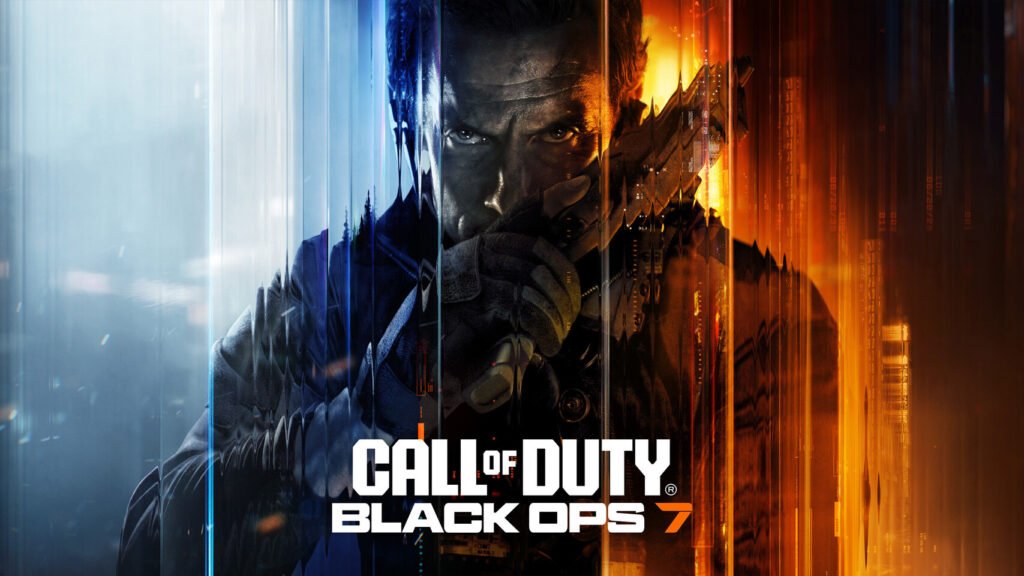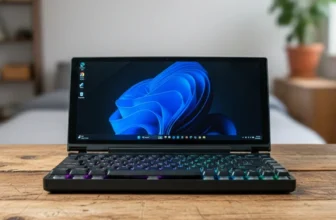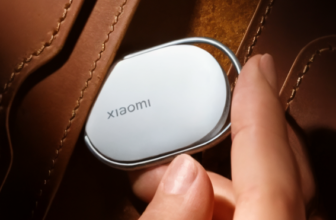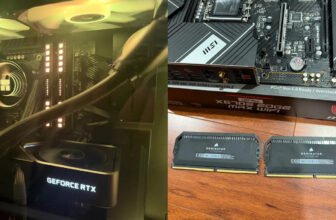Activision and Electronic Arts are implementing new system requirements for their upcoming multiplayer shooters Call of Duty: Black Ops 7 and Battlefield 6. Both titles will require PC players to enable Secure Boot and have TPM 2.0 support as part of expanded anti-cheat and digital rights management (DRM) policies. These hardware-based protections are part of a broader shift toward tighter system integrity in line with modern operating system standards.
In a detailed post on the Ricochet Anti-Cheat blog, Activision confirmed that Call of Duty: Black Ops 7 will require Secure Boot to be enabled for users playing on PC. In addition, systems will need TPM 2.0 compatibility to ensure a hardware root of trust. These changes are designed to prevent tampering at the system level, making it harder for unauthorized software or drivers to interfere with game processes.

The security model being adopted resembles that of a fresh installation of Windows 11 version 24H2. It includes support for features such as Platform Configuration Registers (PCRs), as well as binding and sealing capabilities. These hardware-level requirements are becoming standard practice for operating systems and applications that aim to block low-level exploits and maintain a fair online environment.
Unlike Battlefield 6, which may require additional security features such as Virtualization-based Security (VBS), Black Ops 7 will not enforce VBS at this stage. This is likely a performance-conscious decision, as enabling VBS can impact gaming performance on certain hardware setups. While Electronic Arts has not released full technical requirements for Battlefield 6 yet, early indicators suggest it will follow a similar path to Activision’s approach, with Secure Boot and TPM as baseline expectations.

These requirements are not only for upcoming titles. Starting with Season 5, Call of Duty Black Ops 6 and Warzone will begin enforcing the new hardware-based anti-cheat protections. This update will be pushed as part of the Ricochet Anti-Cheat system upgrade, which aims to reduce cheating incidents across all supported titles.
For players running older hardware or using legacy boot configurations, these changes may require BIOS updates or system reconfiguration. PC users are encouraged to check if their systems support Secure Boot and TPM 2.0 before the new titles launch.
With both publishers leaning into hardware-level protections, it’s clear that anti-cheat enforcement is moving beyond software detection methods. These measures are intended to provide a more secure and balanced experience in competitive multiplayer games.







